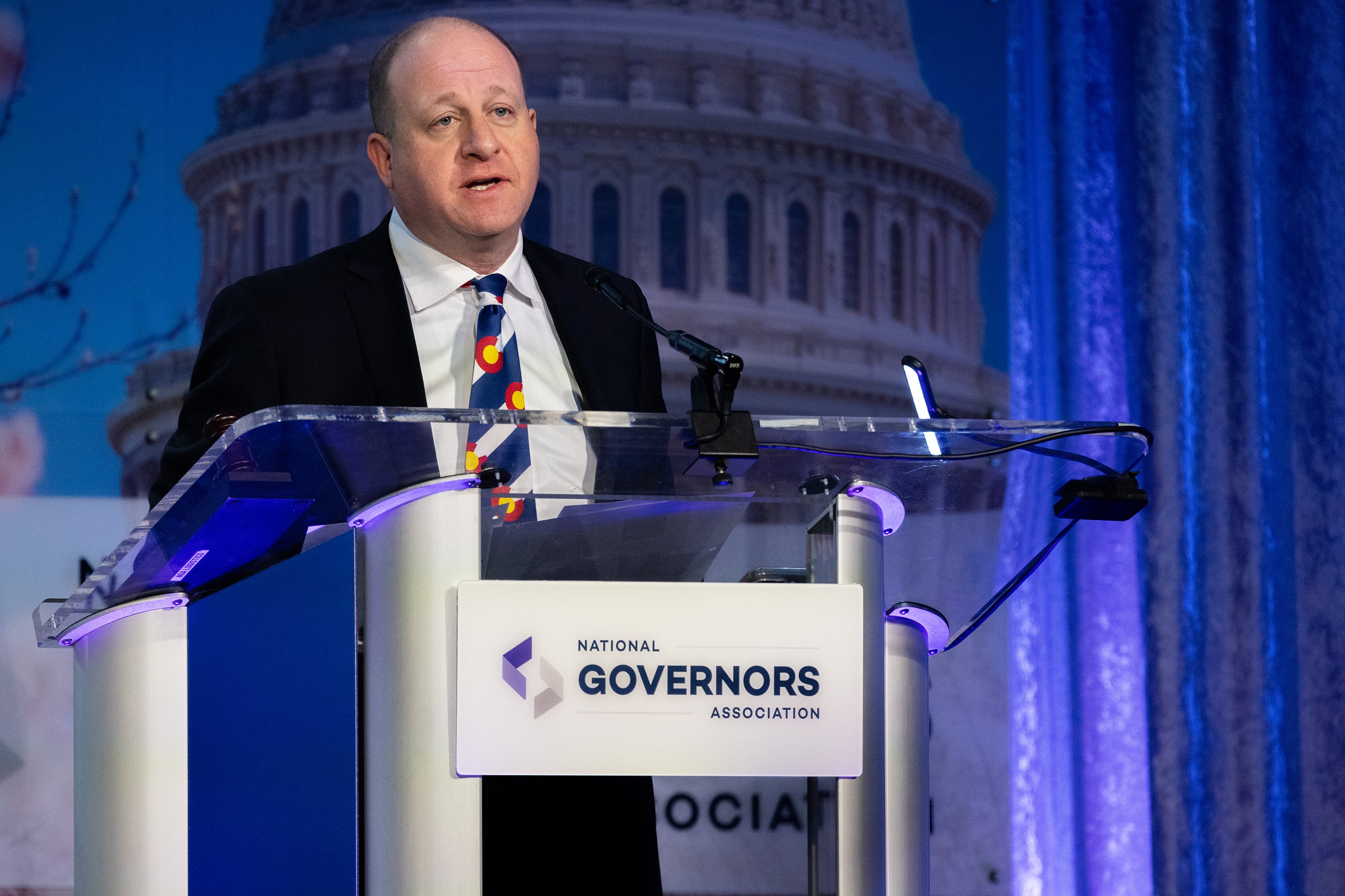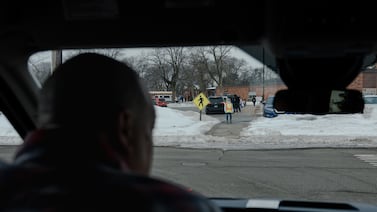Beyond High School is our free monthly newsletter covering higher education policy and practices in Colorado. Sign up to get it delivered to your inbox early.
Governors should expand their approach to education by preparing students not just for work, but civic life and personal well-being too. And they should track and publish people’s progress towards key education-related goals.
These are a few of the recommendations identified by Gov. Jared Polis and the National Governors Association to help state leaders strengthen education, student learning, and the economy. The recommendations are part of Polis’ time as the NGA’s 2024-25 chair — each chair focuses on solutions to a nationwide problem. Polis’ term concluded earlier this month.
After a year of studying the topic, Polis’ and the NGA’s Let’s Get Ready Initiative says that for too long, states have focused on only math and reading proficiency, but it takes more than just those skills to succeed in the workforce.
Polis said in a letter about the initiative that there’s a mismatch between the skills states are tracking and the preparation students need to succeed once they leave school. He added that states don’t have a clear way to monitor how or whether students succeed over the long term while building resilience and competitiveness for social and economic change.
“The Let’s Get Ready! Initiative is a call for governors to demand better,” Polis said. “We have a responsibility to drive innovation within our systems, bolster our capacity to measure what works and what doesn’t, and most importantly, to prepare our students for workforce readiness, civic engagement, and well-being.”
The organization’s news release about the blueprint, published this week, said it worked to get feedback from educators, parents and families, students, researchers, and community and business leaders about the topic.
Here are the five recommendations from Polis and the NGA:
- Governors should set clear goals for education, including early childhood to career outcomes, as well as short-term and long-term goals for residents participating in the economy. State leaders should then develop strategies to meet those goals and track progress.
- Governors should also find ways for state agencies, which often work in silos, to communicate and coordinate in an effort to improve educational and career outcomes.
- States can keep track of outcomes and goals by building a long-term outlook, or longitudinal data systems, that tracks the progress of students from early childhood to the workforce.
- Governors then can display the data they’ve collected for public consumption in a user-friendly format. This data can help researchers and the public evaluate progress and recommend when to make adjustments.
- Despite federal uncertainty, state leaders should continue to advocate for federal partnerships, or create state consortiums, that assess student performance, identify the students who need the most help and direct funding toward them, and contribute to national research.
Jason Gonzales is a reporter covering higher education and the Colorado legislature. Chalkbeat Colorado partners with Open Campus on higher education coverage. Contact Jason at jgonzales@chalkbeat.org.






